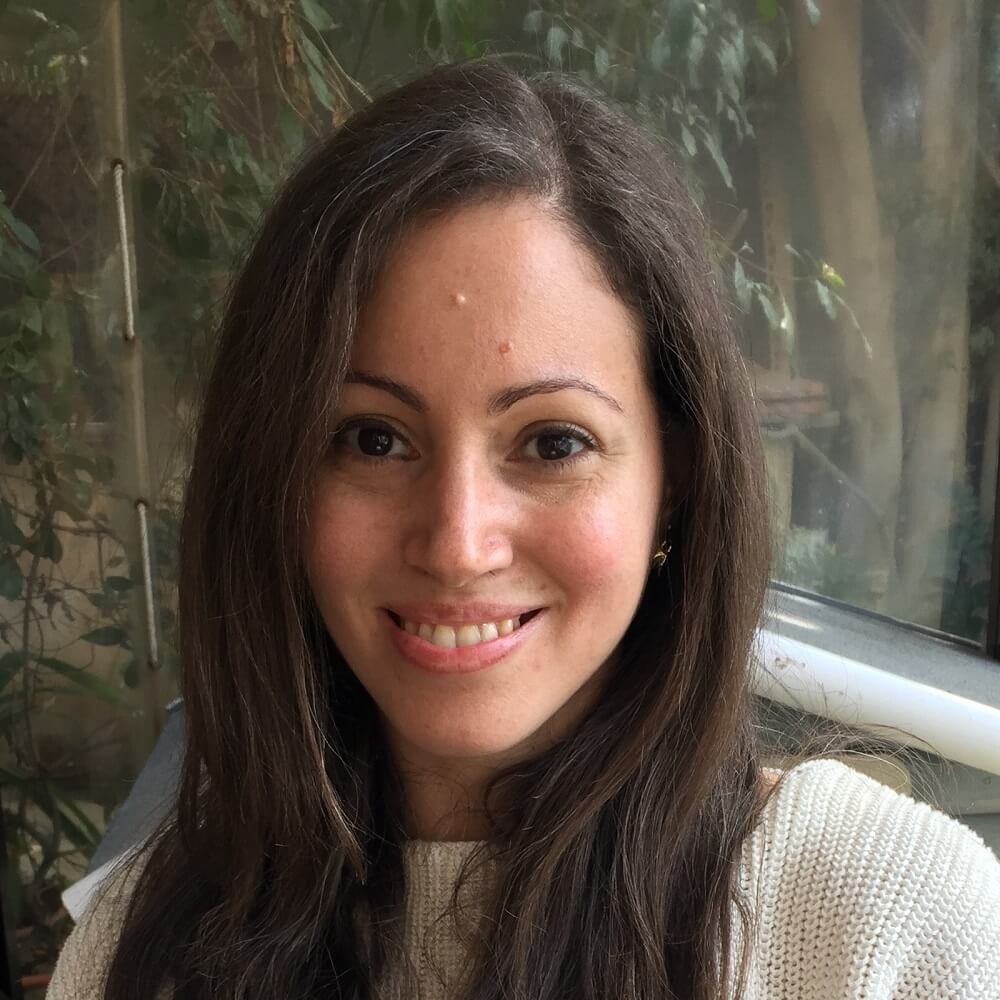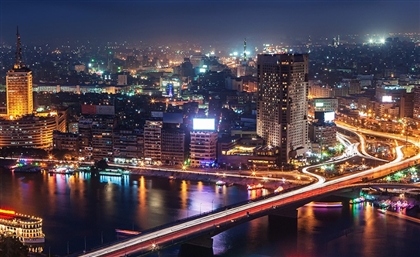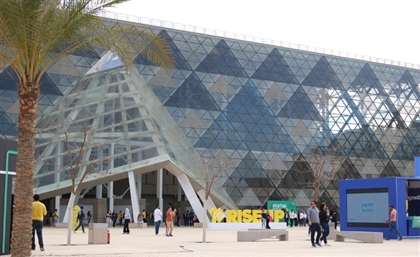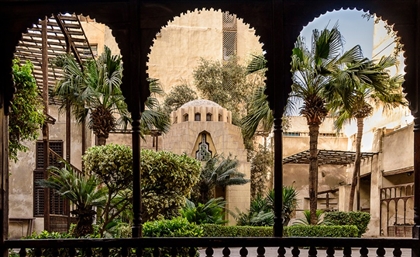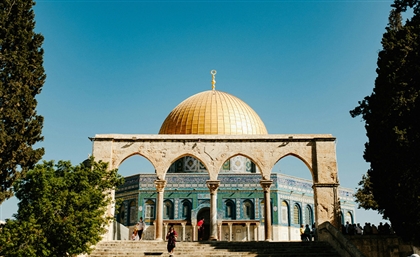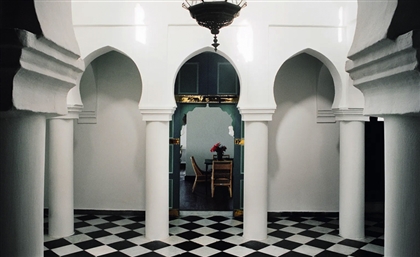The Palestinian Entrepreneur Fuelling MENA’s Second-Hand Market
Palestinian startup Dawerha brings a digital approach to second-hand products, with hopes of encouraging a circular mindset in the region’s hyper consumerist culture.
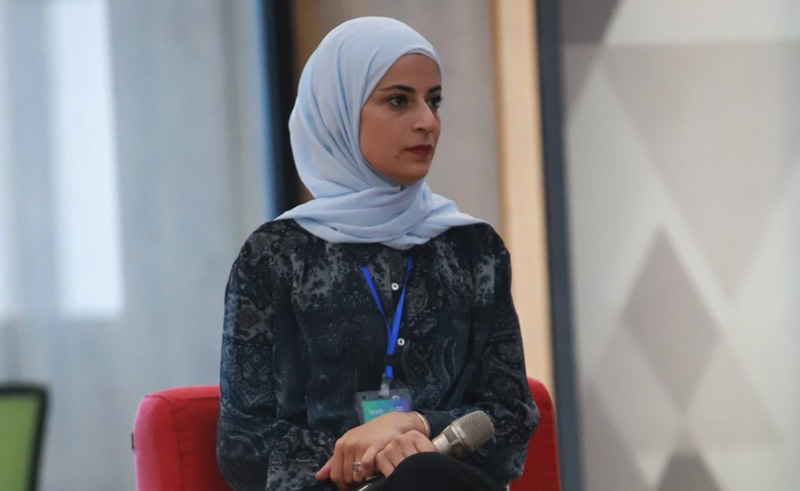
E-commerce startup Dawerha is on a mission to change the perception of second-hand items in Palestine and the MENA region. Named after the Arabic words for ‘recycle it’, the platform enables users to sell, buy or donate used items, bringing a digital approach to second-hand products and encouraging a circular mindset in the region’s hyper consumerist culture since its launch in 2022.
An economics major turned entrepreneur, Safaa Ayyad was first turned to the idea of buying and selling second-hand items after the birth of her second child. “Baby items such as car seats, high chairs and cribs tend to be very expensive,” Ayyad tells Startup Scene. “At the time, I saw a woman on social media who was living abroad and bought her daughter’s things from second-hand stores. It was then I thought that we should have something similar in Palestine and the Arab region. We have to introduce this concept to our culture and raise awareness on this issue, with the goal of protecting the environment and conserving money.”
To test the idea, Ayyad launched a Facebook group in 2020 called Yad Thany, or ‘second-hand’ in Arabic, to buy and sell second-hand items. “I was able to buy beds and closets for my children at a very good price there,” she says. “This was my first experience buying used products, and it was a good experience.”
Two years later, the Facebook group led to the creation of the Dawerha app and website. With the momentum on her side, Ayyad soon plans to expand the platform to Jordan and Egypt to further spread the circular economy concept across the region.
GROWING A COMMUNITY
While the platform has grown organically with more than 10,000 followers on social media, Ayyad is now looking to strengthen Dawerha’s online community with on-ground activations.
“We want to grow our community even more and rely on word of mouth,” Ayyad explains. “Everyone who has dealt with us previously brought someone else to the platform, so we want to strengthen that.”
With special focus on baby items, which account for an estimated 79% of sales according to Ayyad, Dawerha organises campaigns at nurseries and schools to raise awareness on the benefits of having a circular economy.
FINANCIAL HURDLES
Like any young startup, raising investments was challenging for Dawerha. These challenges were dramatically compounded by the limited funding alternatives in Palestine.
With Ibtikar Fund being the only active VC in Palestine, startups risk losing out on investment opportunities if they are not able to secure funding from them. And while grants are available for Palestinian entrepreneurs, they usually come in small amounts of $2,500 or $5,000, making it difficult to kickstart or sustain any business.
“Dawerha has been on my mind since 2020. But because of these funding challenges, bringing it to life as a website and an application took too much time,” Ayyad says. “I think if we were outside Palestine, it could have taken me about three months to launch instead of years.”
Nevertheless, Ayyad was adamant to actualise her vision: she bootstrapped her startup and applied for grants to launch and grow Dawerha. With expansion plans on the horizon, Ayyad plans to raise investments in H2 2023 to enter both the Egyptian and Jordanian markets.
CHANGING MINDSETS
With the second-hand market estimated to reach $5.4 trillion by 2026 according to data by Morgan Stanley, Ayyad is optimistic about normalising used items in the region.
“I see Gen Zs and millennials more inclined to buy used items, because they are more concerned about the environment and want to find ways to look after it,” says Ayyad. “The trend is heading there, and as a result the second-hand market is growing rapidly.”
While Ayyad did not experience much resistance from her community about buying used items, she still thinks that more can be done to change perceptions of second-hand products - starting with affluent consumers.
“People who use this platform don’t have to come from limited means,” says Ayyad. “For example, my financial position is not bad, but I’m choosing to buy second hand products because it really enables me to save money, particularly with today’s rising prices, while protecting the environment at the same time.”
By expanding the platform to neighbouring markets, Ayyad hopes to further reinforce the mindset of reusing products. “The important thing is to have the mindset of not throwing things away, you can sell or even donate it to others who need it.”
Looking to the future, Ayyad aims to expand the platform beyond baby items to include furniture, clothes and vintage products, amongst other goods. “We want to be the first destination for people to go buy, sell, donate, exchange anything related to second hand in the MENA region.”
Trending This Week
-
Apr 23, 2024



